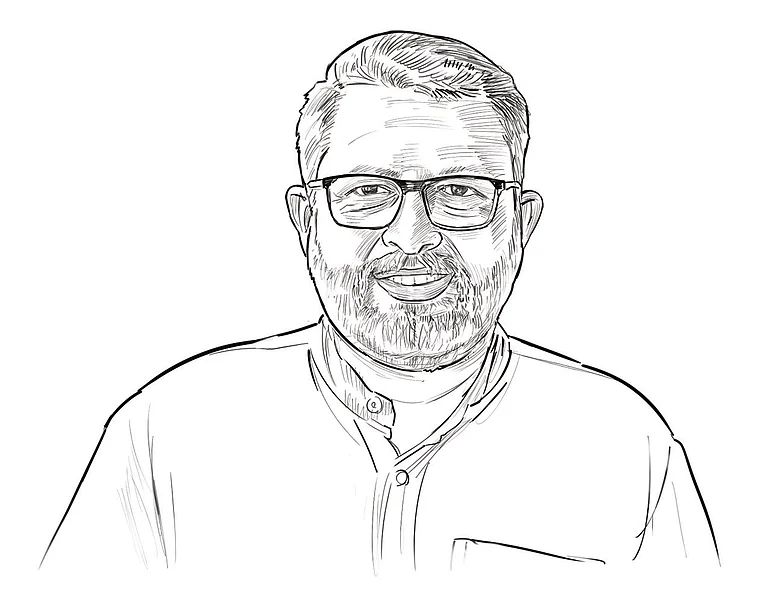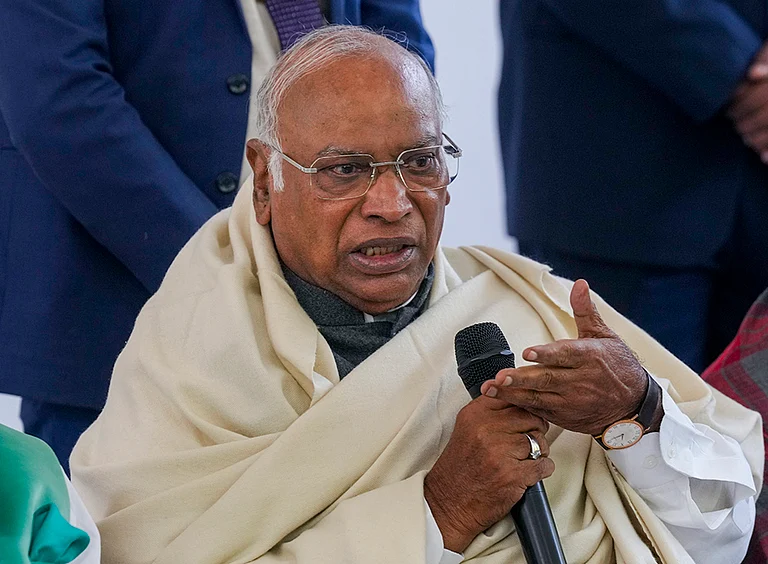The unemployment rate in India rose to an eight-month high of 9.2 per cent in June 2024, up from 7 per cent in the previous month, according to data from the Centre for Monitoring Indian Economy (CMIE). These figures come less than a week ahead of the presentation of Union Budget 2024-25 – the first full budget under NDA’s third term.
Lack of jobs for youth was one of the major reasons why Prime Minister Narendra Modi-led BJP failed to reach a majority mark on its own in the Lok Sabha elections. A majority of economists had also predicted during the election that unemployment will be one of the biggest challenges for the government after the election.
Union Finance Minister Nirmala Sitharaman will present the budget proposal for the financial year ending March 2025 on July 23. Ahead of that, Outlook takes a look at what the expectations are and how the previous budget fared in addressing the unemployment question.
Previous budget: 2023-24
The last full budget of the NDA government was presented on February 1, 2023. The allocation to the Ministry of Labour and Employment decreased from Rs 16,893.68 crore in the last Budget estimates to Rs 13,221.73 crore in 2023-24. Many noted how the budget focused more on infrastructure investment and less on quashing concerns surrounding unemployment.
Several workers’ unions and activists noted that the Union Budget 2023-24 had little to offer in terms of job creation and social security. The Working People's Coalition, – a coalition of organisations working on issues related to informal labour in particular, and labour in general, stated that the budget throws no realistic light on either the current status of job opportunities across different industries nor the much-required solutions for the lakhs of unemployed and under-employed youth. Funds for MGNREGA, the government’s flagship rural employment programme, were slashed to Rs 60,000 crore – the lowest in six years, they noted.
“It is obvious that the growing rural crisis will drive more and more workers to urban spaces which have limited capacity to accommodate this migrant workforce in terms of livelihood and other infrastructure including habitat, health, transport, etc,” the coalition said in a statement.
The Union Budget 2023-24 earmarked around Rs 22,138 crore for the MSME ministry, around 41.6 per cent higher than the preceding fiscal year. Micro, Small and Medium Enterprises (MSME) contribute nearly 30 per cent to the country's annual Gross Domestic Product and are major employment generators. However trade unions, like the All India Trade Union Congress, pointed out that the announcements made with respect to the MSMEs are too small for the huge sector, which is the engine of growth and employment generator.
Expectations from Union Budget 2024-25
Some of the key demands of employee unions are to set up the 8th Pay Commission, restore the Old Pension Scheme and fill up existing job vacancies. Economists at Goldman Sachs expect the budget to push labour intensive manufacturing through fiscal incentives across sectors like toys, textiles and apparel manufacturing, along with commercial aircraft manufacturing. Santanu Sengupta, chief India economist wrote in a note: "We see an emphasis on job creation through labor-intensive manufacturing, credit for micro, small and medium enterprises, continued focus on services exports by expanding global capability centres, and a thrust on domestic food supply chain."
Meanwhile, amid push for Artificial Intelligence in various sectors, recommendations have also been made to the FM to include provisions in the budget that can help re-skill and rehabilitate workers impacted by the use of AI. A proposal for ‘robot tax’ was one such recommendation given by RSS’s associate organisations like the Swadeshi Jagran Manch (SJM) and Bharatiya Kisan Sangh (BKS), at a recent meeting of economists with Finance Minister Nirmala Sitharaman.






.jpg?w=594&auto=format%2Ccompress&fit=max&format=webp&dpr=1.0)



















